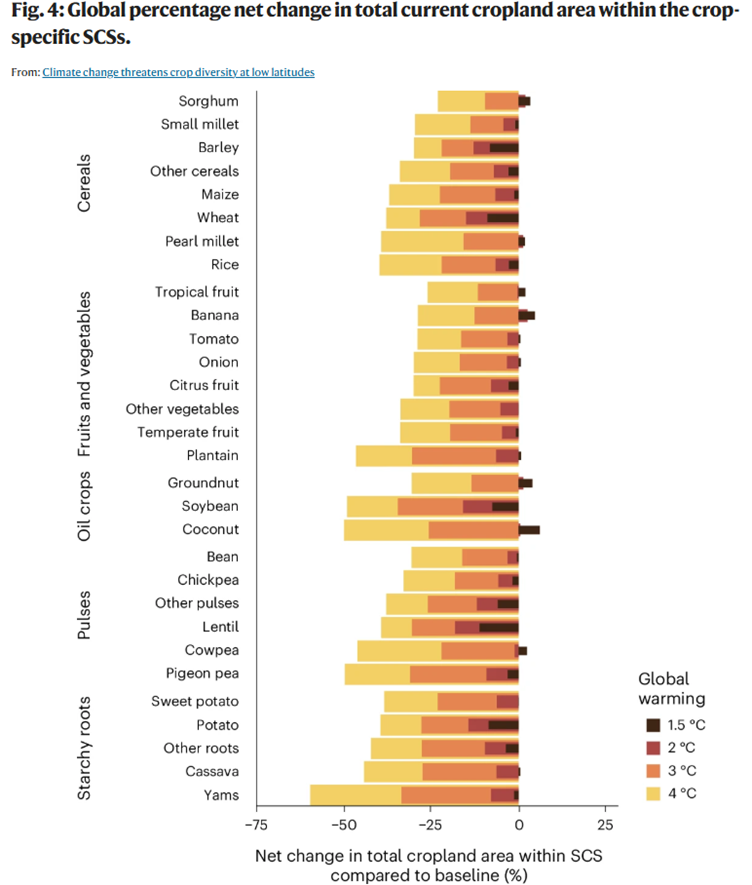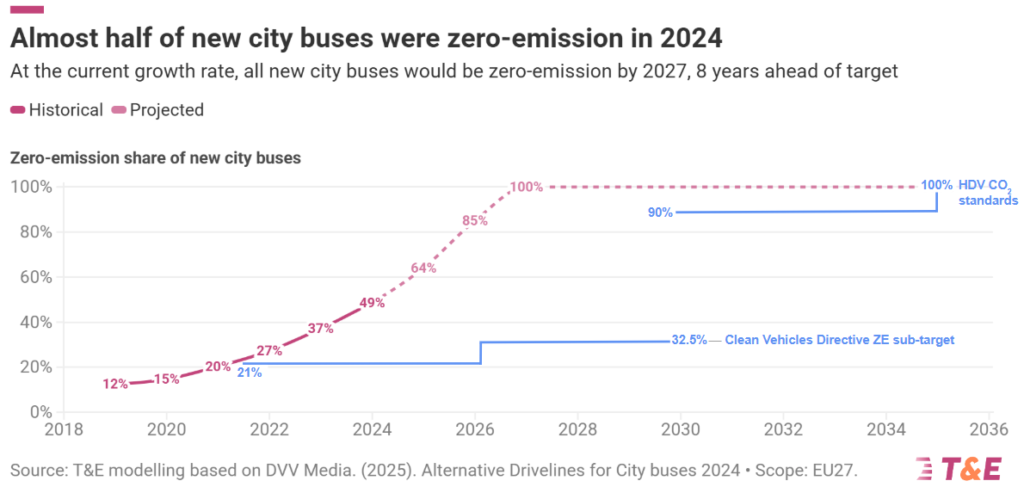Keynote announcement, 34% of GDP at risk and combatting hardship
In this issue:
Keynote announcement
We lead this week with the announcement of our first Keynote for the May conference. One of the biggest questions in climate change is how do we change behaviours? Prof. Lorraine Whitmarsh is one of Europe’s leading experts on understanding and influencing climate change behaviour. She sits on numerous government advisory panels and has worked extensively with central and local government on influencing behaviour, especially in the area of transport decisions. Her insight will be priceless for NZ.
Climate inaction puts 34% of global GDP at risk
That’s the conclusion of a new, joint report from Boston Consulting Group, Cambridge Judge Business School and the University of Cambridge’s climaTraces Lab. The analysis suggests a 3.0C warming scenario could reduce global cumulative economic output by 15%-34% by 2100. Towards the end of last year, the UN warned the world is currently on track for 3.1C warming. With sufficient actions to keep warming to 2.0C by 2100, the prediction for the economic damage drops to a range of 2% to 4%.
Effective energy hardship actions
Both Australia and the UK are targeting energy hardship but their focus is firmly on using less rather than reducing price. In Australia, the Federal Government is putting another AU$145m (NZ$160m) into supporting upgrades for NSW social housing tenants. The upgrades will include rooftop solar, heatpumps, LED lights, ceiling fans and electric hot water systems. Nationally, the programme is targeting improvements across 100,000 properties with an expected saving of AU$1,800 (NZ$1,985) per household per year.
Meanwhile, in the UK, the government has just announced a £1.8bn (NZ$4.1bn) scheme targeting 170,000 homes across England for efficiency improvements.
It makes sense, efficiency measures reduce use, and therefore emissions, improve health outcomes, relieve hardship and the results are long term, a plethora of wins.
Major crops under severe threat
A study of the likely impact of continued warming on crop production by scientists at Aalto University in Finland reveals alarming reductions in crop diversity and production, especially for low-latitude regions. The study looked at the area of land that would be suitable for each of 30 crops. While a very small number of the crops showed improvements at 1.5C and 2.0C scenarios, notably sorghum, banana, coconut and groundnut, the vast majority showed decreasing capacity. For the 3.0C and 4.0C scenarios, all crops showed reduced growing capacity with several showing reductions of 25% or more at 3.0C. At 4.0C, all crops were severely constrained for potential growing area.
Losses in space
It seems skyrocketing greenhouse gases in the atmosphere will impact more than our weather patterns and while food production, drought, floods and wildfires may be the biggest risk to 21st Century lifestyles, our digital future is also in jeopardy. Scientists at MIT have discovered that while increasing greenhouse gases in the atmosphere heat the earth, they are cooling the thermosphere, the layer where most satellites sit. The thermosphere is shrinking as a result which will lead to a 50%-66% loss of satellite capacity by 2100. Over 10,000 satellites currently call this space home and there will be increased frequency of collisions, causing more and more debris, leading to yet more collisions.
Robot grippers save 90% of energy
Robots can be large energy consumers, in part because of the hydraulic systems used for gripping functions. A team of engineers from Saarland University (Germany) have developed robotic grippers using ultra-fine shape memory alloy wires that act like muscles to replace the hydraulics. The resulting robots are lighter, quieter and consume 90% less energy.
Zero emissions buses in vogue in Europe
In 2024, 49% of all new city buses in Europe were zero emissions. If the current trend continues, all new city buses will be zero emissions by 2027.
Did you know …..
At 2 billion tonnes, 2024 saw the lowest demand for coal in the UK since 1666, the year of the Great Fire of London? Demand was down 56% from the previous year on the back of the last coal-fired power station closing, along with the closure or conversion of several steel plants.
Headscratcher of the week
The state government encompassing Belém, Brazil, the location of COP30 is cutting down rainforest to build a new, 13Km, 4-lane road to cater for the influx of attendees. Really?


